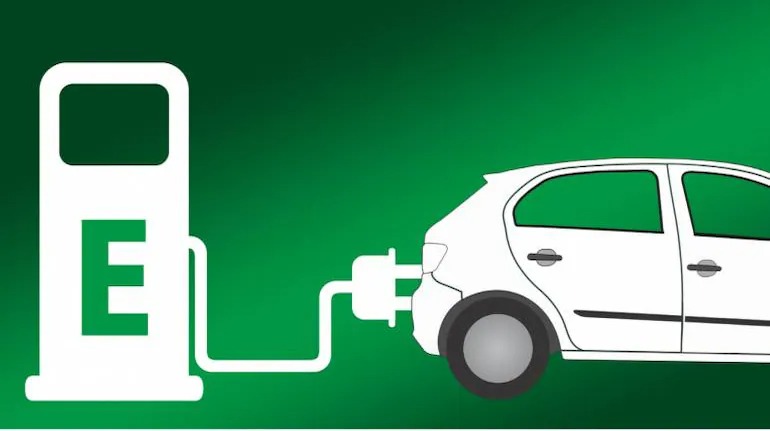The Indian government has made a big step to support the electric vehicle (EV) ecosystem by removing import duties on vital components for EV battery production. Revealed by Finance Minister Nirmala Sitharaman on the occasion of the passage of the Finance Bill 2025, this step is a part of an overall strategy that aims to improve domestic production, improve the competitiveness of exports, and lower costs for EV manufacturers. By exempting import tariffs on 35 key items for EV batteries and 28 parts for mobile phone batteries, the government is trying to make EVs more accessible and affordable as well as promote innovation and sustainability in the sector.
Rationale Behind the Decision
Waiver of import duties is in alignment with India's initiative to become a clean technology and renewable energy world leader. Among the major objectives is to cut down on reliance on imported batteries and promote localization of such crucial components as lithium-ion cells, motors, and controllers. The action also negates tariff-related issues brought about by retaliatory U.S. tariffs, which are scheduled to commence shortly.
With reducing the cost of production, homegrown manufacturers become more competitive worldwide, and the likes of foreign EV manufacturers like Tesla and Volkswagen are able to avail themselves of lower initial entry costs into the rapidly growing Indian EV market. Moreover, it aids India in realizing its vision of having a 30% electrified fleet by 2030.
Effect on Domestic Manufacture
Elimination of import duties is likely to dramatically enhance indigenous manufacturing capabilities. With raw materials like lithium, cobalt, nickel, and copper becoming cheaper, manufacturers will be able to ramp up production and fuel technology innovations. The action also encourages investment in local assembly facilities for batteries and other EV parts.
Industry players have welcomed the decision as a pivotal driver for India's emerging EV ecosystem. For example:
-
Nirmal K Minda, CMD, Uno Minda, stressed that localizing the important components will reduce initial expenses and make India's EV ecosystem robust.
-
Tamil Nadu's flourishing EV sector is likely to gain significantly from decreased production expenses, adding to the state's $40 billion EV sector potential by 2030.
Economic Benefits
The import duty exemption is likely to bring forth several economic benefits:
-
Cost Savings: Reduced production costs will mean cheaper EVs for buyers, thus increasing adoption rates.
-
Export Competitiveness: Indian producers will be more competitive on the global market by providing value-for-money products.
-
Job Creation: Large-scale operations in battery production and recycling will create high-value employment opportunities for India's youth.
-
Foreign Exchange Savings: Increased domestic production means less dependency on imports, saving billions of foreign exchange every year.
Environmental Sustainability
This policy is in line with India's environmental sustainability commitment through the promotion of electric mobility and carbon emission reduction. Supporting local processing of imported raw materials also increases supply chain resilience and green initiatives such as battery recycling. BatX Energies and other companies have welcomed the move as a major step toward a greener future.
Challenges Ahead
Despite its bright prospects, some challenges remain:
-
Raw Material Dependence: India lacks reserves of critical minerals like lithium and cobalt, necessitating continued reliance on imports.
-
Infrastructure Development: Scaling up domestic manufacturing requires substantial investment in infrastructure and technology.
-
Global Competition: While tariff exemptions make Indian products competitive globally, maintaining quality standards will be crucial.
Conclusion
The elimination of import duties on key components for EV batteries marks a pivotal moment in India's journey toward sustainable mobility and clean energy leadership. By lowering costs and promoting local manufacturing, this policy not only makes India's EV ecosystem more robust but also makes the country a compelling investment destination for clean technology investments from around the world. As India inches towards its electrification targets, this initiative highlights the government's focus on innovation, sustainability, and economic development—a win-win situation for manufacturers, consumers, and the environment as well.
Source: Republic World, Business Standard, India Today, Economic Times, Times Of India

